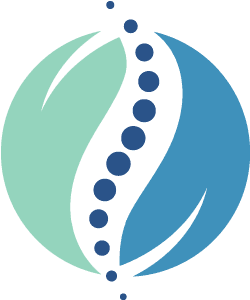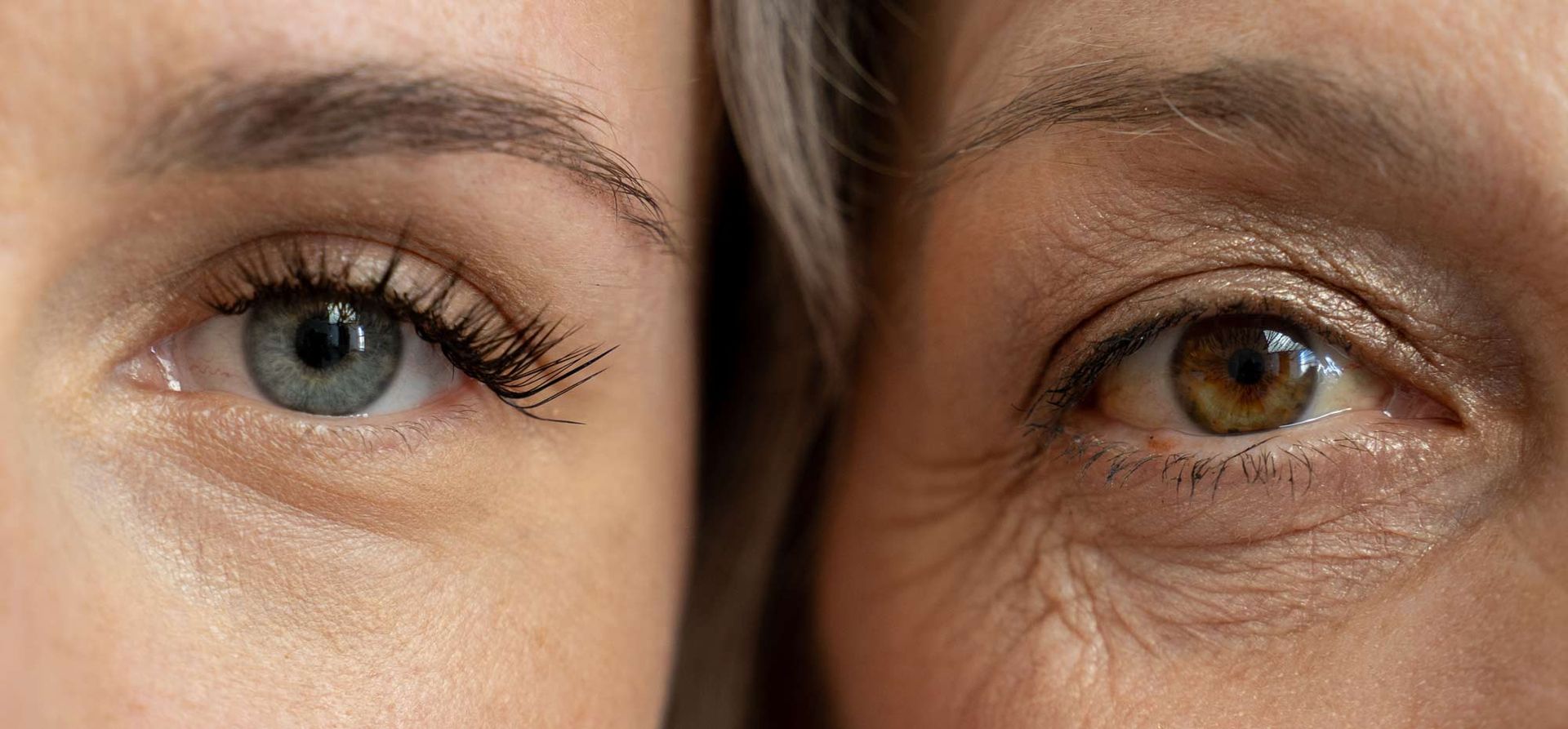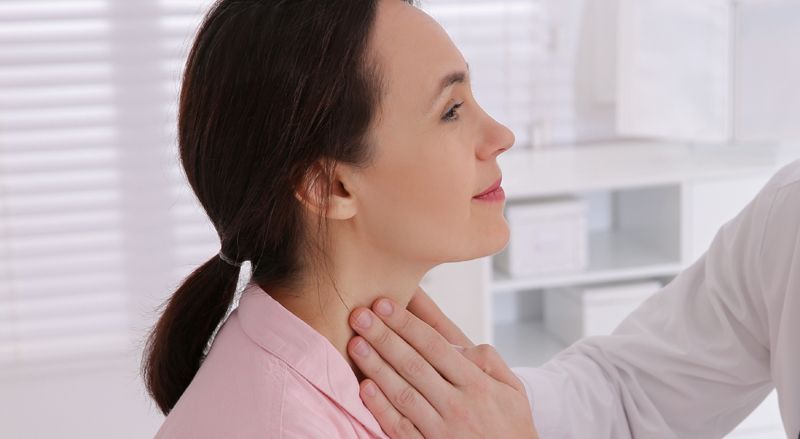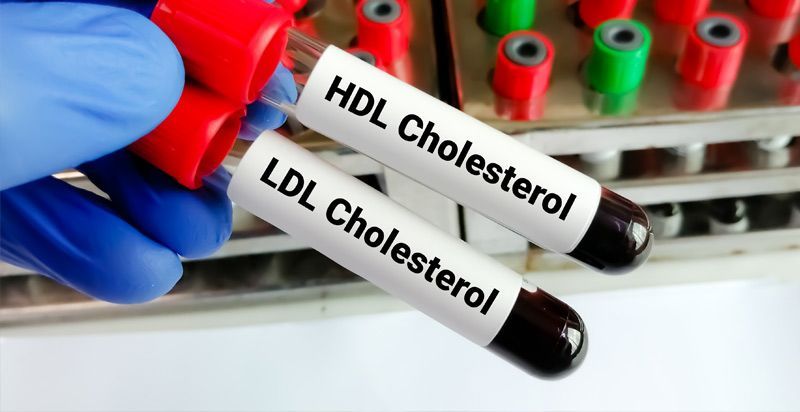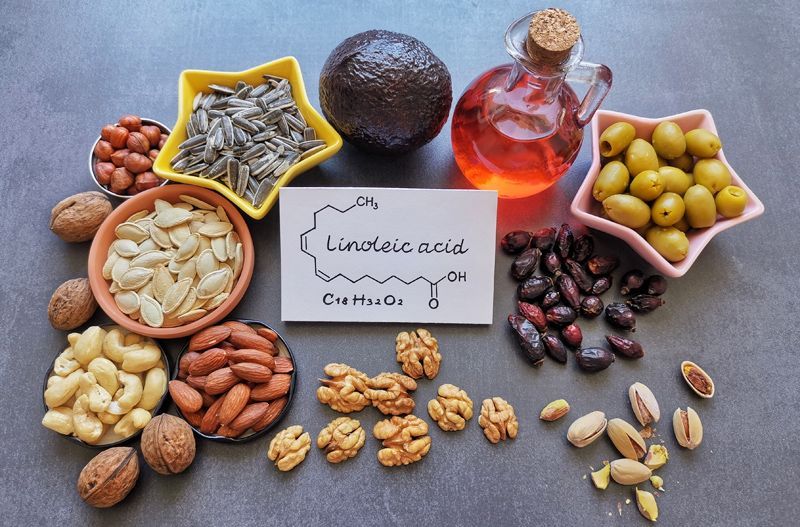The Circadian Rhythm and How It Affects Your Overall Health
As we approach the time of year when the clocks fall back, it's a perfect opportunity to discuss our internal body clocks and how light and darkness influence our physiological processes.
- Dr. Louis Granirer
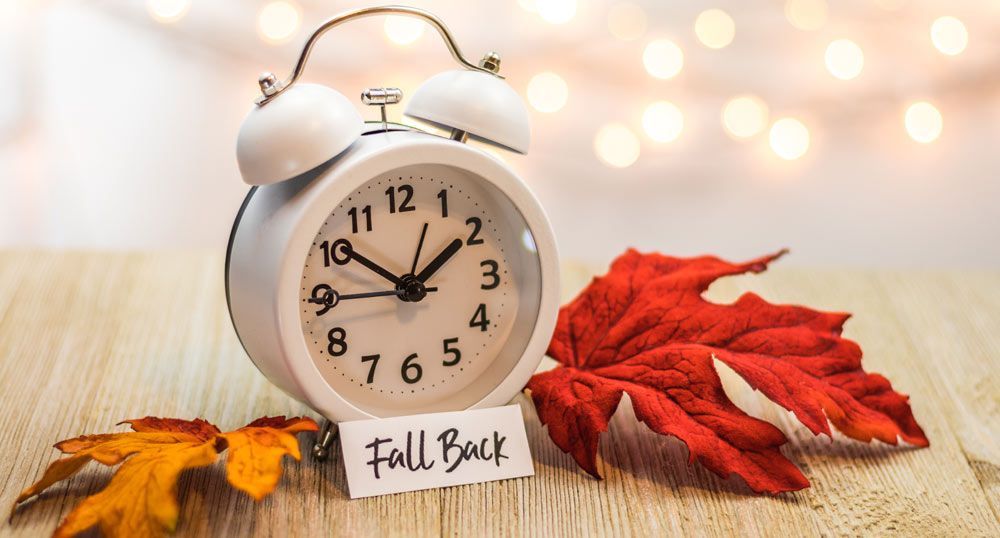
What Is the Circadian Rhythm?
The circadian rhythm is our body's 24-hour internal clock, regulating numerous behavioral and physiological processes, including sleep cycles, hormone release, and body temperature. Many of my clients are aware that I frequently assess whether their circadian rhythm is functioning properly.
One simple test I use involves a muscle test of the rectus femoris, while a patient contacts near the sphenoid bones to check for circadian imbalance. If weakness is observed, a UV light is applied to the glabella point for one minute. This can help restore the circadian rhythm to balance.
The suprachiasmatic nucleus (SCN), located in the hypothalamus, serves as the master biological clock. It coordinates with accessory clocks located in various organs and tissues, which are influenced by factors like meal timing. The SCN is most directly influenced by light.
In Chinese medicine, each two-hour period is associated with the activity of a specific organ, gland, or meridian. If a client reports symptoms at a consistent time daily, it can provide clues about which organs or glands may need support. For example, one patient reported headaches consistently around 12 a.m. The gallbladder's peak activity is between 11 p.m. and 1 a.m., and muscle testing indicated his gallbladder required support. Further medical diagnostic testing revealed the presence of large gallstones. The patient's headaches resolved with gallbladder nutritional supplementation support and the breakdown of the gallstones.
The accessory circadian rhythms are revealed through the timing of physiological processes and their respective organs.
- Heart: Blood pressure tends to be lower at night during sleep.
- Kidneys: Filtration rate and urination follow a circadian pattern, with less urination at night.
- Pancreas: Insulin secretion and enzyme release vary throughout the day.
- Cortisol hormone: Peaks in the early morning to help you wake, gradually declines midday, with a smaller peak around 4 p.m., and reaches its lowest level around midnight.
- Melatonin: Governs sleep and is inversely related to cortisol; as cortisol declines, melatonin rises.
Why Light Matters
Your circadian rhythm depends on cues from light and darkness. Excessive light after sunset disrupts the rhythm and has been linked to mood disorders, anxiety, depression, immune dysregulation, obesity, high blood pressure, and metabolic disorders.
Shift workers often experience disruptions to their circadian rhythms, which can negatively impact their health. Nutrition and supplementation can support circadian balance and help mitigate these effects.
Meal Timing and Circadian Health
Many patients ask me about the best time to eat. While individual needs vary, studies indicate that skipping breakfast can have a negative impact on metabolic factors, including cholesterol and triglycerides. Intermittent fasting is popular for weight loss and health, but research suggests eating breakfast between 7:30 and 10 a.m. has the most positive metabolic impact. Dinner is ideally eaten earlier in the evening.
Ways to Support Your Circadian Rhythm
- Morning Sun Exposure - I use the circadian app to determine peak UVA times. The app is free to get the basic UVA and UVB rise and set times. Go outside and look slightly below the Sun (the Sun should be at 30 degrees; do not look directly at the Sun) for at least 5 minutes. Timing varies depending on the season. Currently, between 7:30ish a.m. and 9:00 a.m. is a good time to do this. You should avoid this when the UVB levels rise. Ensure you are not wearing glasses or contact lenses. This balances the pineal gland and SCN, helping reset your circadian rhythm—especially important after seasonal time changes or for jet lag. Numerous studies have shown an increase in immune factors after doing this practice over a 4-week period.
- Limit Blue Light at Night: Use blue-light-blocking filters or glasses for your phone, laptop, and tablet to reduce exposure to blue light at night. Avoid screens an hour before bedtime.
- Dim the Lights After Sunset: Use blackout curtains or blinds to support darkness cues.
- Mind Meal Timing: Finish your last meal 2.5–3 hours before bedtime and don't skip breakfast.
- Reset After Time Changes: If you are coming into the office after "fall back" or "spring forward" and traveling to different time zones, ask me about resetting your circadian rhythm.
Please don't hesitate to reach out if you have any questions about your wellness goals, which may include a personalized circadian rhythm support plan.
